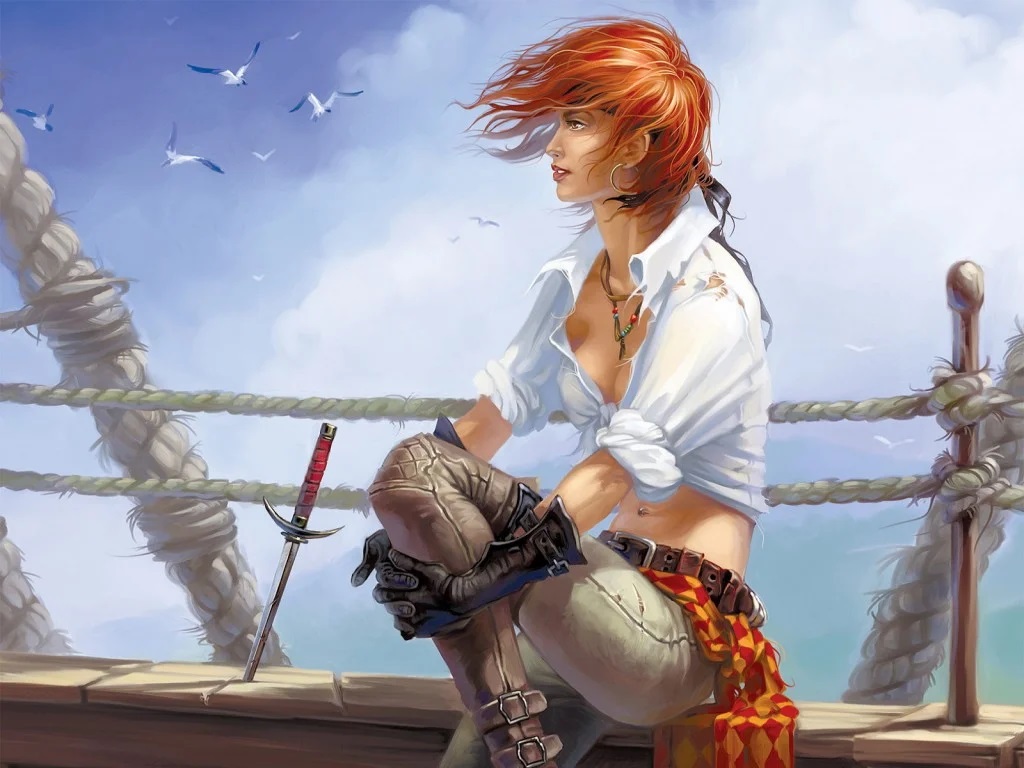Merry Wanderer of the Night:
interview
The Bulldogs (based on an underground comic-book)

Just Contemporary Interview with Antony John and a GIVEAWAY!!
Just Contemporary Interview — MELINA MARCHETTA!!
Just Contemporary Interview with Tara Kelly!
Just Contemporary Interview with Yvonne Collins & Sandy Rideout! And Giveaway!: D
Just Contemporary Interview with Stephanie Kuehnert! (and a giveaway!)
Just Contemporary — Interview with author Jay Asher!!! (and giveaway)
Character Interview! Julianna from Never Eighteen
Character Interview! Jackson from If I Tell
This or that with author Shanice Williams
Character Interview! Richard from Second Hand Heart
Cover Interview with author Gemma Halliday
Author Interview — Amber Argyle!
Character Interview! Dani from The Babysitter Murders
Author Interview — Daniel Coleman
Author Interview — Leslie Dubois + Giveaway
Silly-fun Interview with my awesome co-host Misty!
Interview with Elizabeth C. Bunce + Giveaway!
FTF Interview with author Alethea Kontis!! AND GIVEAWAY!
Interview with Tia Nevitt